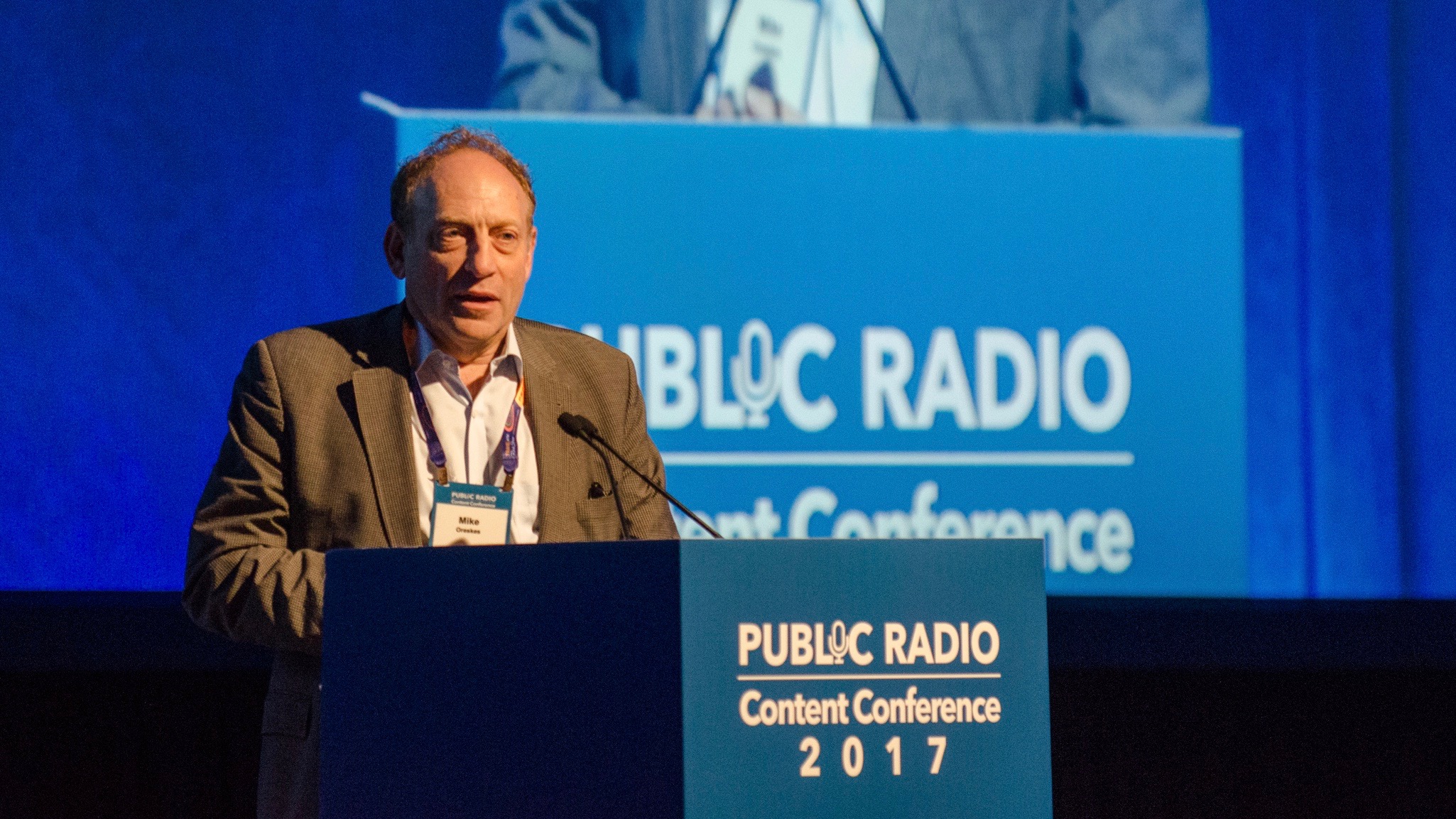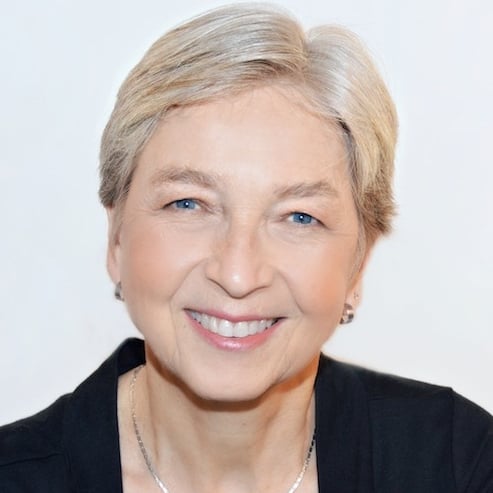Unprisoned: Stories from the System

New Orleans is arguably the most incarcerated city in the United States. Louisiana locks up more of its citizens, per capita, than any other place in the world, and New Orleans, its biggest city, contributes a disproportionate number to this infamous statistic. The first season of Unprisoned looked at how mass incarceration affects our citizenry outside prison walls. In the first season’s 14 episodes, Unprisoned told personal stories of people directly ensnared in the criminal legal system, of family members of incarcerated persons, and of residents reentering society after serving time. Unprisoned episodes also examined how our notions of justice have been impacted: how young Black boys regard the police, how schools’ policies regarding safety and discipline often make students feel like they’re in jail, how Black families teach their children about the criminal justice system, and the ways in which our society criminalizes mental illness and homelessness. Unprisoned situated these highly personal stories within a larger context: data revealing how individuals’ situations fall within larger trends as well as the repercussions of our expensive and arguably ineffective approach to curbing crime.
These stories were broadcast on-air, as a podcast, and shared at live events where diverse, dynamic groups of friends and strangers gathered to listen, share, and engage across habitual social boundaries. Unprisoned has been a conversation starter, popular with City Council members, policy makers, listeners who’d never before heard their realities reflected in public media, and also listeners who’d previously felt unconnected to one of our city’s (and nation’s) most pressing issues.
Season 2 of Unprisoned, supported in part by the Rauschenberg Foundation, will seek to examine and answer why Louisiana is the incarceration capital of the world.




